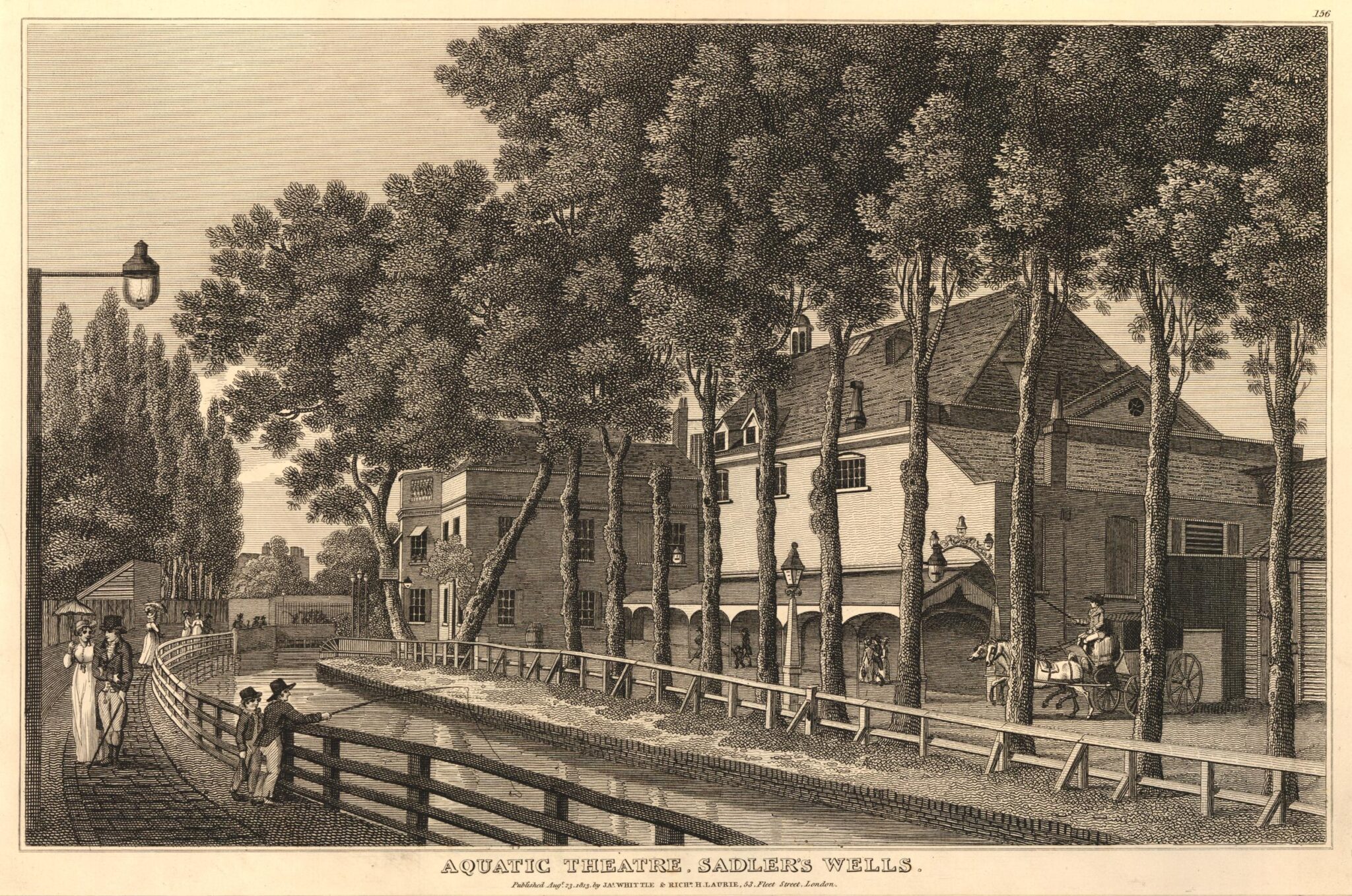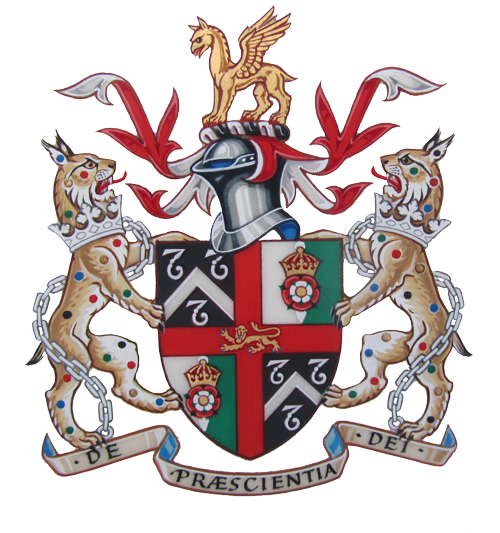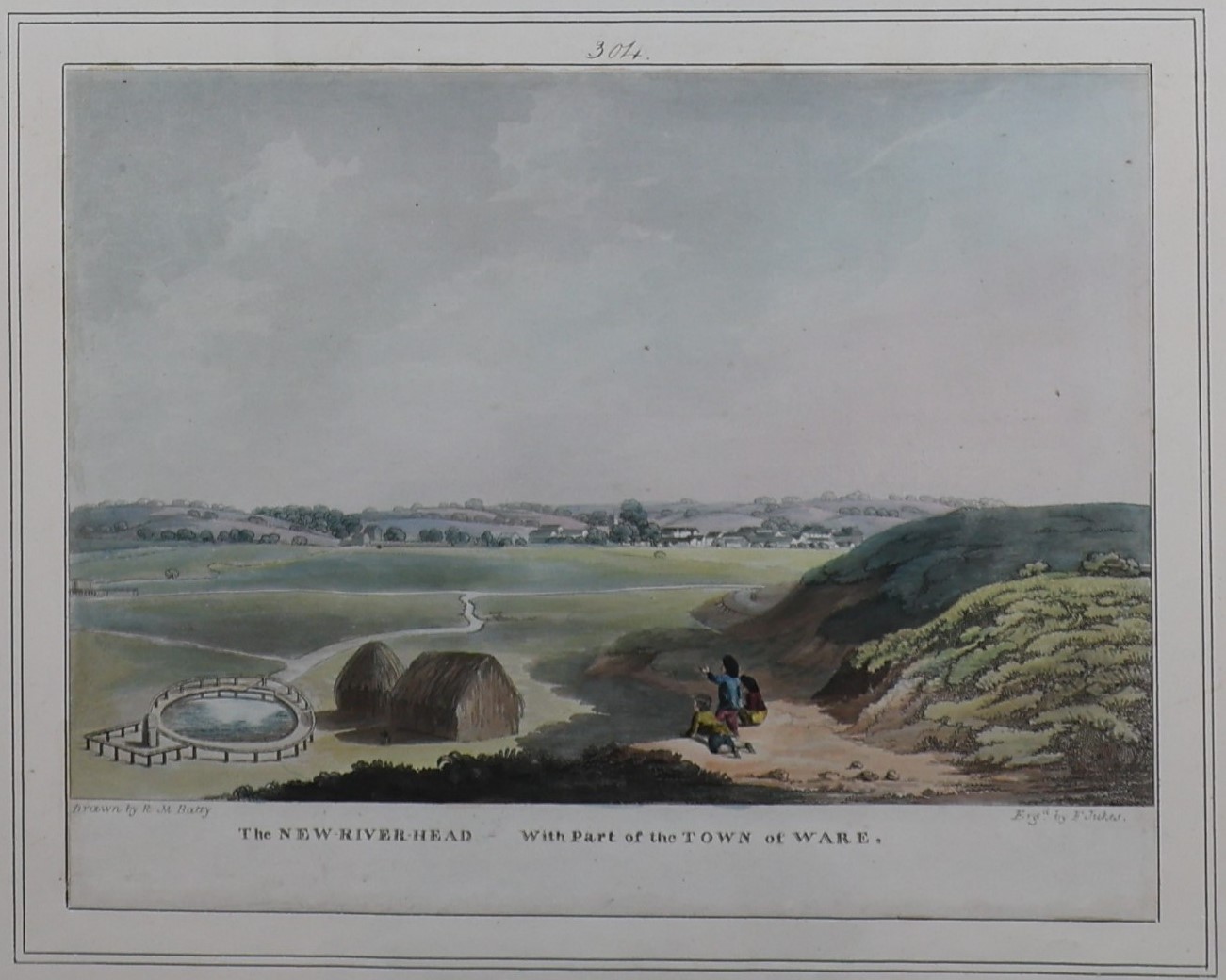
On this day in 1781:
The Clerk presented to the Court a Lease from the New River Company to this Company for Supplying the Company’s Hall and Clerks House with Water which being Read & approved Ordered That the Company’s Seal be affixed to the Counterpart of the said Lease.
The New River was commissioned by the Corporation of the City of London in 1606 to carry clean water to the City via an artificial conduit, engineered to allow gravity to conduct the flow, from the Chadwell and Amwell Springs in Hertfordshire to New River Head in Clerkenwell, Islington, by Sadler’s Wells. An ambitious project conceived by Edmund Colthurst, it was completed by Sir Hugh Myddelton with the crucial financial support of James I and officially opened in September 1613 with a formal ceremony and the performing of a play. The New River Company was incorporated by royal charter on 21 June 1619 with Myddelton as governor, finally being transferred to public ownership under the Metropolitan Water Board at the turn of the 20th century.
The Company of Barbers and Surgeons of London made use of the New River early in its history and continued to do so for many years. The Court Minutes for March 30th 1615 recorded that:
At this court it is further ordered that the New River Water shall be taken into this house so as it may be had for thirty shillings fine and thirty shillings yearly in rent
1767 architect Robert Mylne was appointed assistant surveyor of the New River Co and surveyor in 1771. Mylne was an associate of John Paterson, Clerk of the Barbers’ Company from 1745-1765 and designer of Blackfriars’ Bridge, the financing of which Paterson played a key part.
The New River remains part of London’s water supply infrastructure to this day. Its service paths now form public footpaths and memorials to Sir Hugh Myddelton survive along its route, including a statue at Islington Green and a monument to his memory erected at Amwell by Robert Mylne in 1830 with the inscription:
Sacred to the memory of Sir Hugh Mydelton, Baronet, whose successful Care, assisted by the Patronage of his King, conveyed this stream to London. An immortal work, since Man cannot more nearly imitate the Deity, than in bestowing Health.





